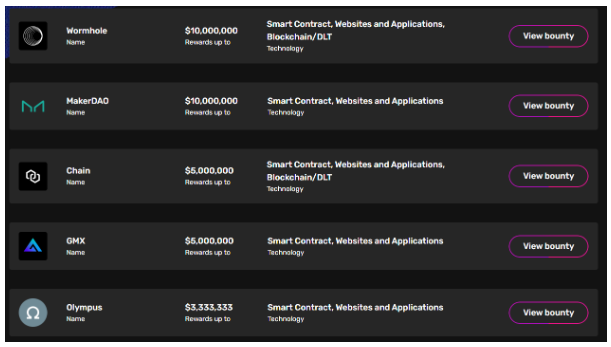Episode 4 explores the role of policy in production and consumption. France made planned obsolescence an offence in 2015 and curbed retail food waste in 2016. More recently it has introduced a repairability index. Scotland is bringing about holistic, far-reaching change through various tools, including a Green Recovery Plan and a Circular Economy Bill, with links to the SDGs. But how do we accelerate global progress towards braver, more coordinated and watertight policies which balance standardisation, durability and efficiency with creativity? The political and corporate elite has access to information and influence, but that should only spur citizens to keep the public and private sector accountable. Indeed, the individual must be an agent for better policy formulation, implementation and performance.
Read also
Wall Street disaster expert Bill Noble: Crypto spring is inevitable
by Julian Jackson 6 min October 4, 2022
Putin gives Snowden citizenship, Interpol elicits help in Do Kwon search and FTX US buys Voyager: Hodler’s Digest, Sept. 25-Oct. 1


















